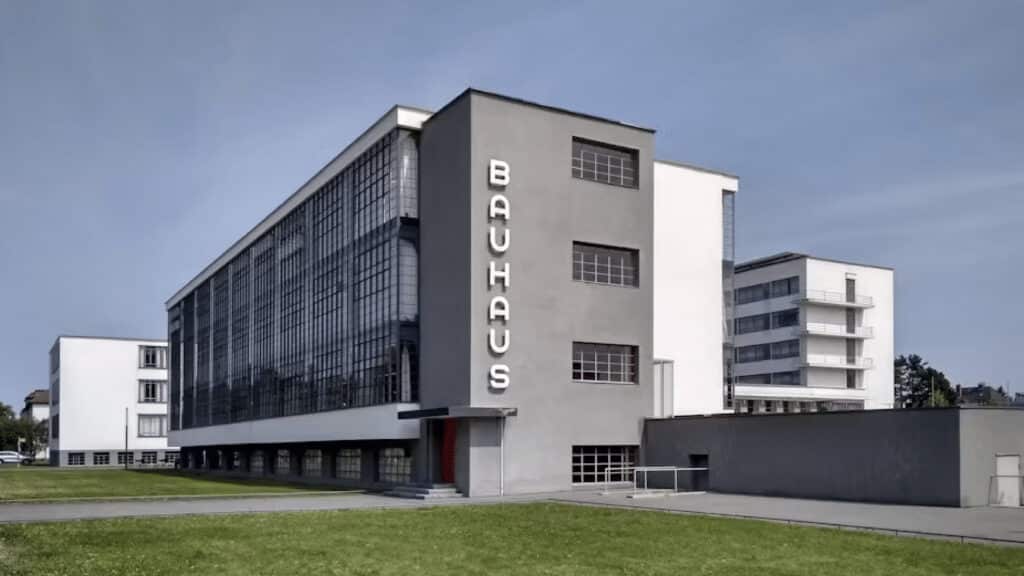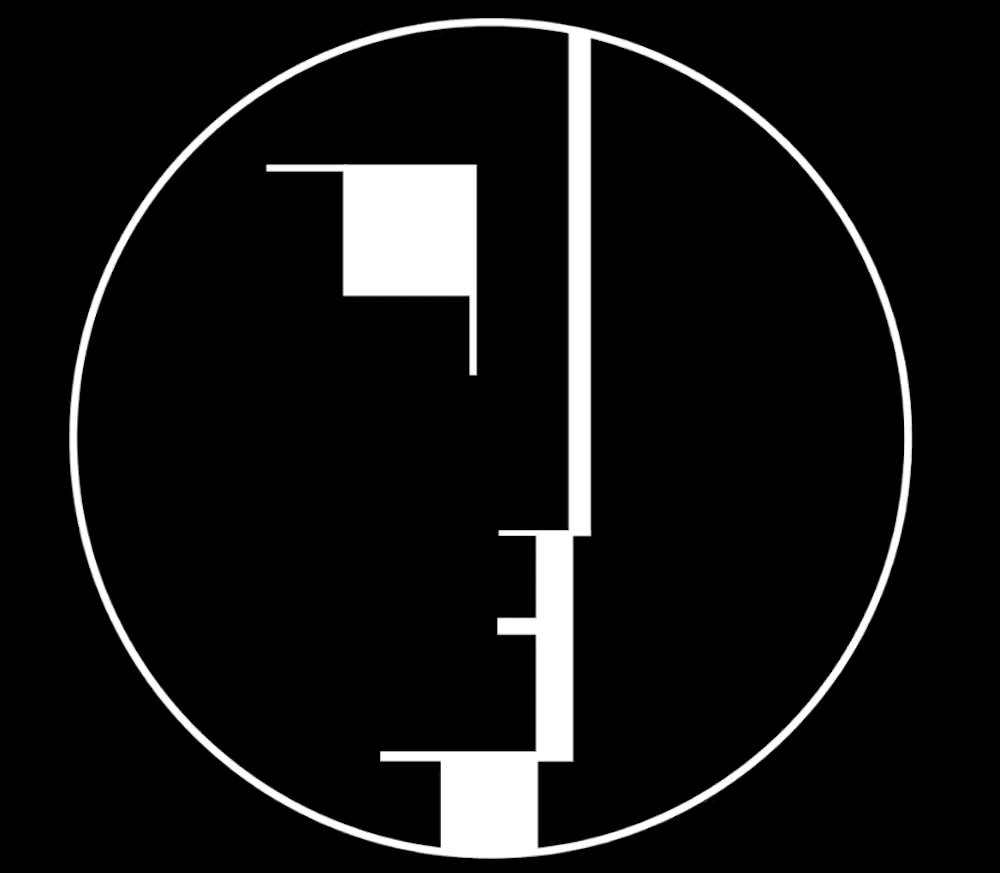Taking inspiration from the Bauhaus, a pioneering design school, to manage the green transition


For several years now, research and training programmes conducted in partnership with socio-economic players have been demonstrating their commitment to working towards the transitions that our times call for, first and foremost the green transition. Here, an aeronautics supplier is developing a new way of recycling its components; there, a company is supporting a collective effort to reinvent ski resorts in the face of climate change; elsewhere, co-design is enabling players to harness satellite data for new services with a high impact on sustainable development. Some are working on radically lightening the glass bottle to reduce its environmental impact, while others are redesigning socio-agro-ecosystems with better food-agriculture-environment linkages.
And yet the many transitions that have just begun already seem to be struggling. Management science tells us that one of the reasons for these difficulties is that we lack the capacity to collectively manage the unknown. Indeed, it is not a question of following a predefined trajectory towards a well-known end state, as the origin of the notion of transition would suggest. Contemporary transitions are transitions into the unknown: they involve inventing a sustainable future in the face of crises and the limits of past modes of development. However, we can retain the systemic nature of the concept: all dimensions of action need to be reinvented.
Contemporary transitions thus call for a renewal of science, of uses and lifestyles, of skills, of systems of collaboration and solidarity, of responsibilities, of ways of learning and passing on… Far from a naïve techno-solutionism, the need for design turns out to be immense and underestimated, so much so that it concerns aspects that go beyond the usual categories of R&D and technology. And management sciences are warning us: managing collective design efforts for transitions into the unknown implies a major paradigm shift for management.
For a long time, the manager has been equated with the decision-maker, a decision-maker who sees contemporary transitions as nothing more than sacrificial dilemmas where each decision only results in losers, leading inexorably to a hardening of positions and discourse: employment versus biodiversity, social peace versus the environment, mobility for all versus low-carbon motorisation… The manager-decision-maker will thus be tempted to make a decision and ensure a minimum of social acceptability.
However, in the face of the unknown, it’s not a question of deciding but of designing. The manager-designer organises collective exploration to imagine new, more sustainable, more resilient alternatives. This is done by mobilising all the inventive resources of science, art, industry and society to design future prosperity and power.
Management of the unknown has developed strongly in the innovation departments that have appeared in companies and organisations in recent years. But managing the unknowns of transitions has two singular characteristics.
On the one hand, contemporary transitions raise the question of the preservation of resources, social cohesion, values and lifestyles. Here, innovation cannot be a destructive Schumpeterian creation, but rather a preserving one.
On the other hand, transitions have an impact on a huge number of players: citizens, associations, politicians, academics and, in companies, a wide variety of functions. Today’s challenge is to make all these players designers, well beyond the strict confines of “innovation experts”. In short, managing the unknowns of transitions presupposes collective action that is a preserving creation in which all players can be designers.
This type of management has yet to be invented. It has certainly been mentioned regularly in management science, but the theoretical underpinnings to explain this rationality in the unknown, which both generates and preserves, were lacking. Progress in design theory and advances in corporate governance have contributed to the development of more solid foundations, and have opened the way to exploring the forms, methods and responsibilities of this management of the unknowns of transitions.
This work has shed light on the way in which collectives can be creative while preserving the environment by drawing on their creative heritage. By this we mean a set of knowledge and rules for collective action that characterise what is preserved in order to strengthen the associated creative logic. The challenge now is to enable this work to be deployed, and to ensure that it has a socio-economic impact and is further developed scientifically.

And what if the inspiration for this came from the world of creative training?
Faced with the socio-economic transformations of the 20th century, the German Bauhaus school brought together theorists, masters of form, and design practitioners, masters of material, to develop creative forces by combining the logics of training, research and impact. Before it was dissolved by the Nazis, who saw its achievements as “degenerate art”, and its members went into exile, it made a decisive contribution to design, industry and the arts.
Inspired by this Bauhaus, and with the support of partners who share the spirit of this project, Mines Paris – PSL is inaugurating a new “Bauhaus for Transitions”. Here, researchers, practitioners and leaders of inventive collectives will be able to develop new languages (“forms”) and new practices (“matter”) to manage the unknowns of contemporary transitions, in ecology, health, mobility, materials, energy, industrial sovereignty and information spaces.
This Bauhaus for 21st-century transitions aims to renew management culture by deepening the models of preserving generativity and experimenting concretely with high-impact projects. It aims to provide a space for research-utopias on new forms of collective action to manage the unknown, in conjunction with other scientific disciplines exploring generative approaches (data science, biology, history, mathematics, engineering sciences, etc.). It is part of the French, European and global networks of universities, businesses and public institutions that aim to respond to the challenges posed by managing the unknowns of transitions.

Is there life after the snow? That’s undoubtedly what French ski resorts must be asking themselves as they face a drop in snow cover. And what are ski...